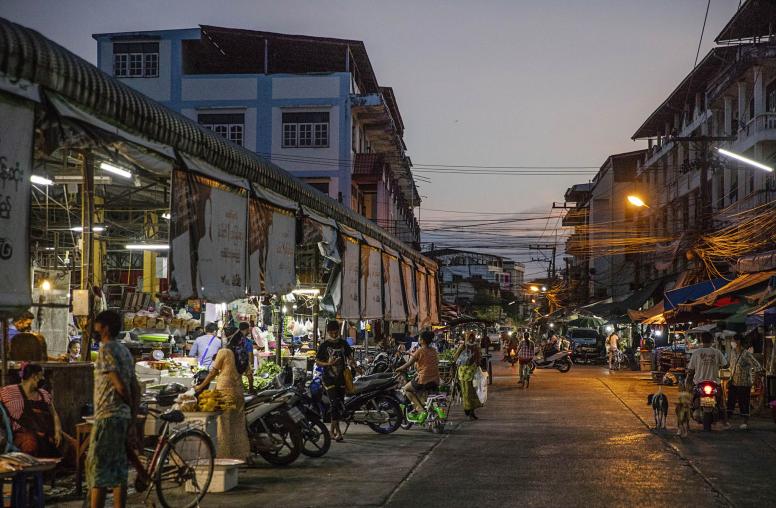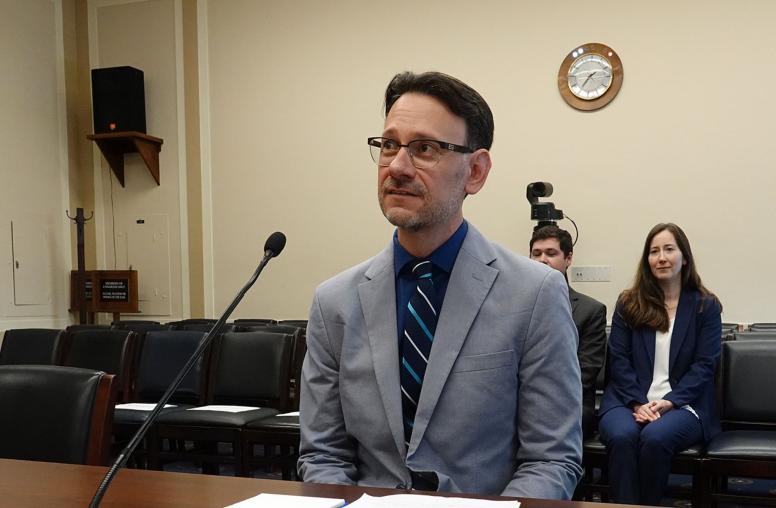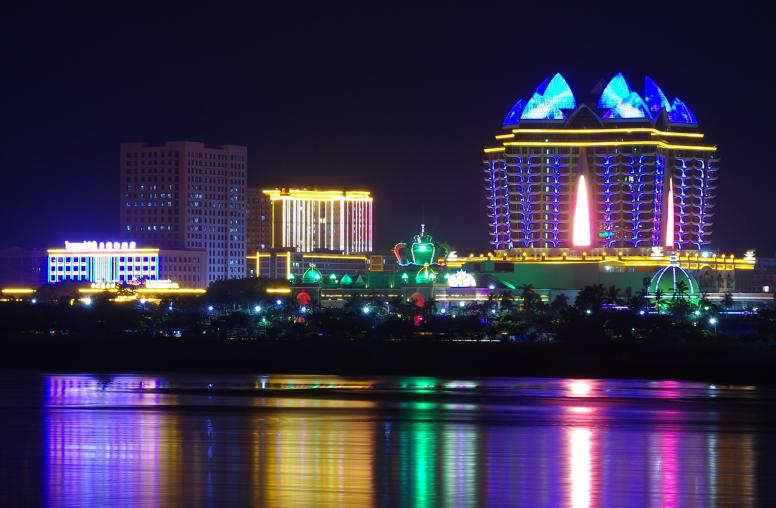China’s Security Force Posture in Thailand, Laos, and Cambodia
China’s geo-economic influence is empowering the expansion of its security force posture in the Lower Mekong region, which should be of concern to both maritime Southeast Asia and the United States. While Thailand, Laos, and Cambodia—the geographic core of mainland Southeast Asia—are demonstrating resilience and sustaining some strategic autonomy, several trends indicate that their options may be increasingly limited. This report looks at China’s security force posture in these nations, the possible ramifications of that posture, and considerations for balancing U.S. policy and outreach.

Summary
- China’s growing geo-economic influence in Thailand, Laos, and Cambodia is reflected in an increased security force posture in all three nations.
- The three countries, however, have not lost their strategic autonomy: Cambodia’s closest military partner is China, Thailand’s is the United States, and Laos’s is Vietnam.
- Chinese combined military exercises with each nation are increasing in frequency. Exercises help normalize People’s Liberation Army (PLA) activities in the region and provided intelligence-gathering opportunities.
- Mekong River patrols and other transnational law enforcement operations in Thailand and Laos reflect strategic accommodation of Chinese geo-economic power and assist efforts in countering crime in and around the Golden Triangle.
- Were China to establish military bases in Cambodia, these would provide useful operational capacity for the PLA. They would not, however, be strategic game changers given the existing geography of Chinese military bases.
- A growing Chinese security force posture in Thailand, Laos, and Cambodia reflects national tilts toward China and trends unfavorable to US interests. No single development, though, is specifically alarming.
About the Report
This report examines China’s force presence in Thailand, Laos, and Cambodia and the implications of that presence for Southeast Asia and the United States, focusing on three particular elements: combined military exercises, Mekong River joint patrols, and potential People’s Liberation Army bases. The report was commissioned by the Southeast Asia Program at the United States Institute of Peace.
About the Author
John Bradford is a senior fellow in the Maritime Security Programme at the S. Rajaratnam School of International Studies at Nanyang Technological University in Singapore. Previously, he was a Council on Foreign Relations–Hitachi fellow in Japan. Before becoming a full-time researcher, he served in the U.S. Navy for more than twenty-three years, his final assignment being as deputy director of the Maritime Headquarters of the U.S. Seventh Fleet.



